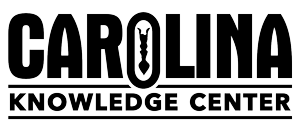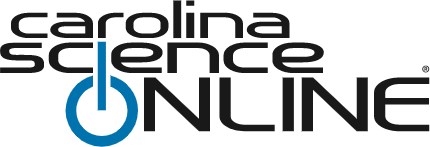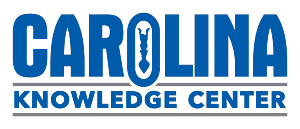Carolina is committed to being a leader in NGSS and K–12 STEM education.
Looking for resources that support the Next Generation Science Standards* (NGSS) and STEM? Our expert scientists and teachers support educators in making sense of three-dimensional science by providing elementary, middle school, and high school programs to align with the NGSS and to engage students in hands-on, phenomena-based, three-dimensional learning. As the exclusive NGSS web sponsor for the National Science Teaching Association (NSTA), choose Carolina as your partner in science education.
Ready to Start Exploring?
High School Programs
Carolina Kits 3D® investigations are built from the ground up to engage students in scientific and engineering practices while applying core ideas and crosscutting concepts—experiences that are key to thriving with the NGSS and phenomena-based learning. Build students’ curiosity and accelerate learning using rigorous hands-on labs in-class, with hybrid instruction or with students at home.

Middle School
Science education powerhouses drive our grades 6–8 programs. Explore the Smithsonian’s dynamic content that integrates science and engineering into hands-on investigations that focus on three-dimensional tasks, phenomena, and problem-solving. Then discover our reengineered, high-quality OpenSciEd instructional materials that provide an easier path to implementation.

Elementary School
Turn your classroom into an exceptional three-dimensional learning experience for your students. Our grades K–5 programs make the most of science education using hands-on investigations that blend literacy, digital, and interactive content—all designed to connect with learners as they investigate phenomena.

Carolina is committed to being a leader in NGSS and K-12 STEM education.
Our programs are just the beginning of our commitment to three-dimensional science education. Discover more resources designed to help teachers and students excel.
Carolina has more than 90 years of world-class support for science education. We culture, collect, develop, and test our products.
Many of Carolina’s supplemental kits and curricula have been enhanced to include digital resources to support science teaching and learning.
Visit Carolina Knowledge Center for more articles, activities, and how-to videos!
*Next Generation Science Standards® is a registered trademark of WestEd. Neither WestEd nor the lead states and partners that developed the Next Generation Science Standards were involved in the production of this product, and do not endorse it.
© 2025 All Rights Reserved.












